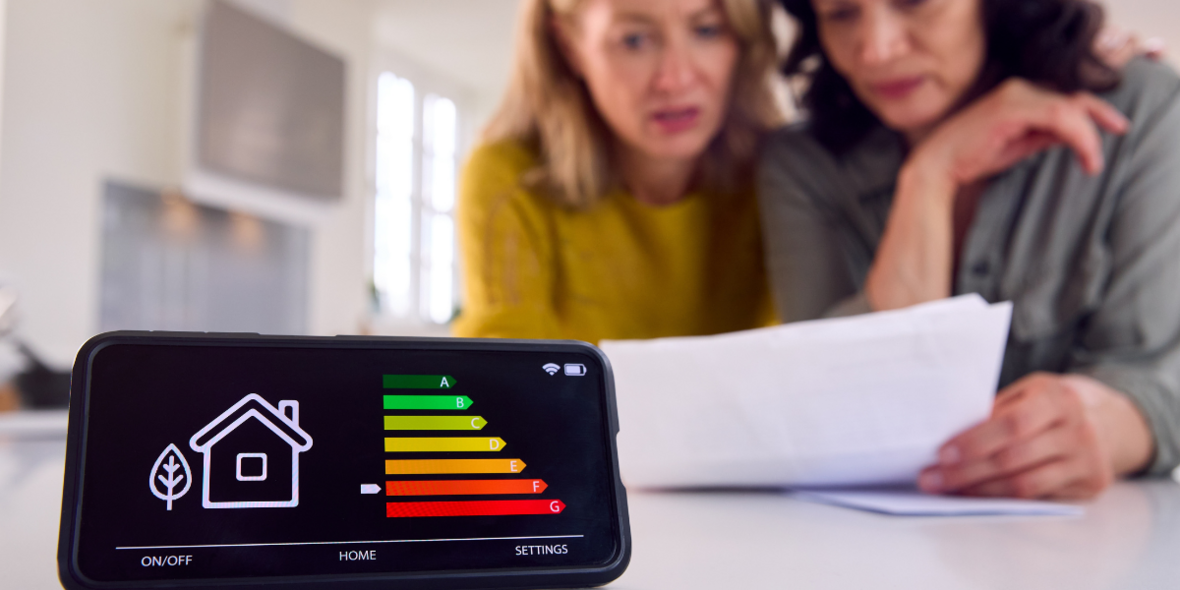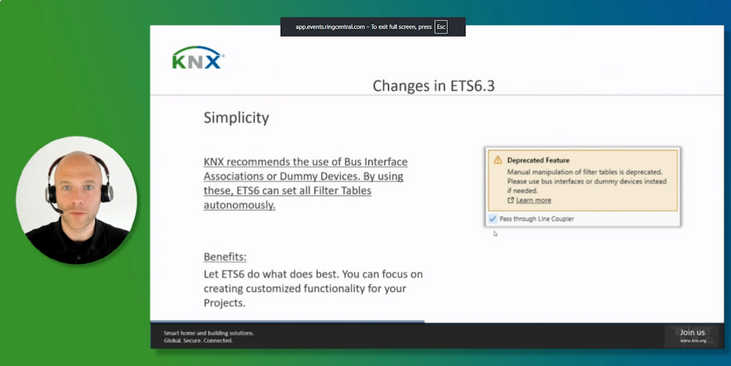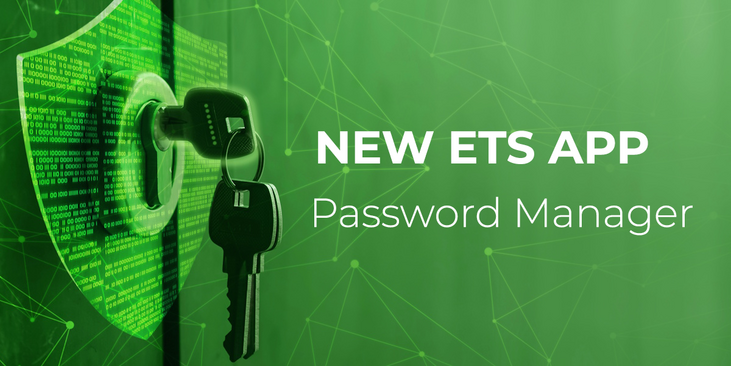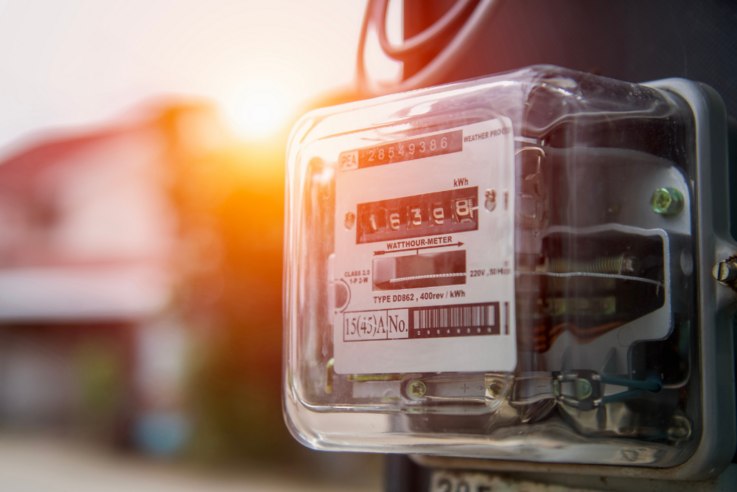05. Aug 2024
Smart meters: What you need to know

Smart meters have become an essential component for homeowners. Providing real-time data, allowing for precise control and greater efficiency compared to traditional meters which require manual readings. Smart meters not only help reduce energy costs, but they also support a sustainable lifestyle.
Understanding smart meters and how they differ from traditional energy meters
Smart meters are devices that record your home's energy consumption in real-time and communicate this usage data directly to you and your energy provider. Unlike traditional meters that require manual readings, smart meters provide accurate, up-to-date data. Thanks to the precise monitoring and control of energy usage, there’s no longer a need for estimated billing.
The key differences between smart meters and traditional meters lie in these three key elements:
Data accuracy; unlike traditional meters that offer outdated metrics, smart meters provide real-time insights and advice. Transmission; the real-time insights are automatically transmitted to your devices for immediate access, resulting in a more convenient energy management. User control; users get a detailed look into their consumption patterns, which enables them to make more informed decisions towards efficient energy use.
In a nutshell, smart meters are a crucial part in any KNX smart home when you're trying to maximize your home’s energy efficiency.
Types of smart meters to fit into your KNX home
There are different types of smart meters tailored for specific utilities:
Electricity smart meters: These meters provide real-time tracking of electricity usage, usage alerts, and integration capabilities with other electricity-powered domotica. They offer detailed insights into your overall electricity consumption, and which devices are the most energy-heavy. Water smart meters: Water meters track water usage, identify leaks, and optimize water consumption. They provide automated billing and detailed insights into water usage, helping homeowners manage their water resources more efficiently. Gas smart meters: Gas smart meters monitor gas usage, detect gas leaks, and provide remote readings. They offer significant advantages over traditional gas meters by providing accurate and timely data on gas consumption.
The main components of a smart meter
Regardless of the type, a smart meter consists of two primary components: the meter itself and the in-home digital display.
The meter, installed at the point where energy enters the home, continuously records your consumption data. It measures the amount of electricity, water, or gas your household uses, and then sends this information to you and the energy provider. This real-time data transmission eliminates the need for manual readings and estimated billing. The smart meter is equipped with advanced sensors and communication technology that enable it to transmit data wirelessly or through a wired connection.
The in-home digital display, also known as the In-Home Display (IHD), is a user-friendly interface located inside the home. It provides homeowners with real-time insights into their energy usage. The display shows detailed information about consumption patterns, allowing users to see how much energy is being used at any given moment, which appliances are consuming the most energy, and how usage changes over time.
Additionally, the IHD can provide alerts for unusual usage patterns, helping to identify potential issues such as leaks or faulty appliances early on.
Smart meters and KNX
For homeowners with KNX systems, the integration of a smart meter adds significant value. The KNX standard supports seamless communication between your smart meter and other smart home devices in your home setup. The data from the smart meter can be fed into the KNX system, enabling it to interact with your other KNX devices. For instance, the KNX system can adjust the heating or cooling based on real-time energy consumption data, optimizing energy use and maintaining comfort.
The in-home display can be integrated into your KNX interface, providing a centralized control point for all smart home functions, including energy monitoring.
Want to know more about how a KNX home control panel can level up your home?
Do I have to get a smart Meter?
While the decision to install a smart meter is ultimately up to you, there are several compelling reasons to consider one. Smart meters offer enhanced energy management, cost savings, and contribute to a sustainable lifestyle by reducing energy consumption.
Additionally, for those with KNX systems, a smart meter can unlock advanced automation capabilities, making your smart home even smarter. Still not convinced? Here is a full article on why a smart meter is the perfect addition to your KNX smart home.
Conclusion
In conclusion, smart meters are a valuable addition to any smart home, offering real-time data, enhanced energy management, and integration capabilities with KNX systems. Whether you're looking to reduce energy costs, increase efficiency, or support sustainability, smart meters provide a practical and future-proof solution.
Ready to take full control of your home’s energy usage? Contact a certified KNXpert and let’s get started.
Highlights
-
 Press
PressETS6 Roadshow 2025 marks global success, showcases power of ETS6.3
ETS6 takes center stage during the month of May with 24 roadshow stops all over the world. -
 News
NewsThe KNX Journal 2025 is now available
The latest edition of our annual smart home and building solutions magazine has arrived. The KNX Journal 2025 offers ... -
 News
NewsNew ETS App: Password Manager
The ETS Password Manager is a powerful new ETS App introduced in ETS 6.3 that eliminates the need to repeatedly enter ...


